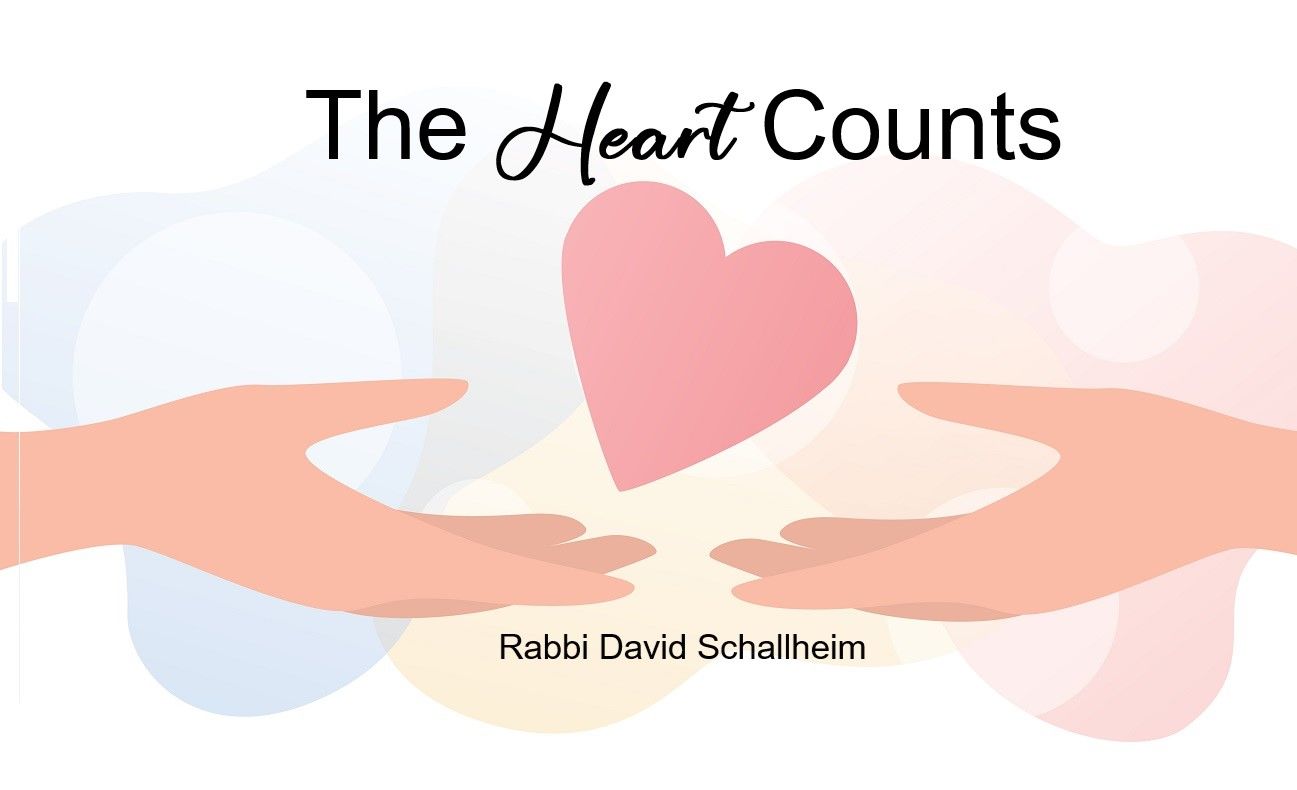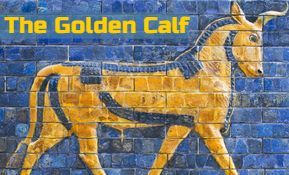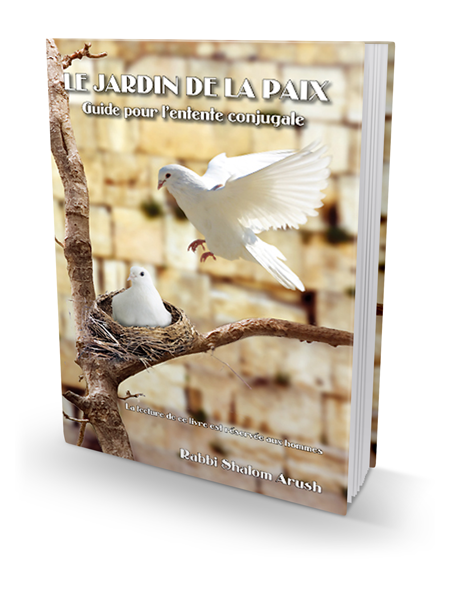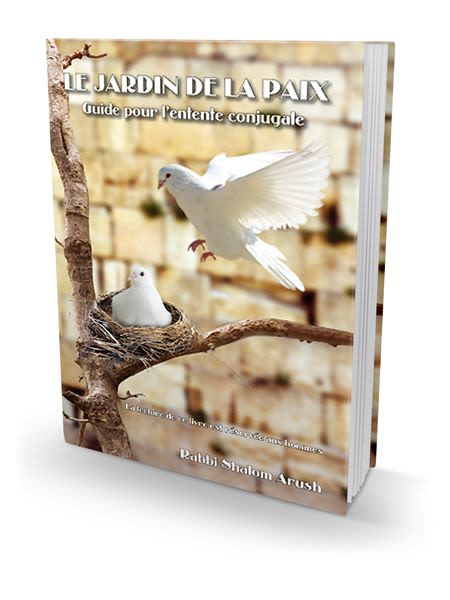
Ekev: Love of God
Everyone has his special moments of connecting to the beauty of nature, whether it is while contemplating a waterfall or...

Contemplation of Nature
“And now, O Israel, what does Hashem, your God, demand of you? Only to fear Hashem, your God, to walk in all His ways and to love Him” (Devarim 1:12).
I always loved sitting on a cliff overlooking the Pacific Ocean, watching the slowly changing colors of the summer sunset. I recall the awe I experienced wading through green ferns carpeting the forest floor as majestic coastal redwoods towered overhead.
Everyone has his special moments of connecting to the beauty of nature, whether it is while contemplating a waterfall or wading through a meadow sprinkled with wildflowers. What makes these magical moments of awe so special?
Regarding the commandments of loving and fearing God, the Rambam wrote, “And what is the way to love Him and fear Him? One contemplates His deeds and His great and wondrous creatures, and one sees from these the wisdom of God, which has no valuation or end. Immediately, he loves and praises, glorifies and longs greatly to know the great God, as Dovid Hamelech (King David) said (Tehillim 42): ‘My soul thirsts for God, the living God’” (Hilchot Yesodei HaTorah 2:2).
Rabbi Mordechai Gifter explains that through contemplating the wonders of nature we come to fulfill the mitzvah of loving Hashem. We need only open our eyes and take a look at the wonderful world that Hashem created – the mountains and valleys, seas and rivers, sun, moon, and the hosts of heaven – to realize the deep Divine wisdom hidden in everything and to reach the same conclusion as our forefather Avraham (Abraham), “There is a Master to the castle!”
Through contemplating the infinite wisdom of creation we come to recognize the infinite Divine wisdom, which “has no valuation or end.” Once we understand that Hashem's wisdom is limitless, we can attain a longing and endless love for the Almighty, Creator of all. The Rambam emphasizes that this process is almost automatic. When we contemplate the amazing beauty of creation, we experience an overwhelming and all encompassing love for God.
This love brings us to open our mouths in praise, song, and thanksgiving to the Creator. The song and praise only serves to increase our heart’s longing for Hashem, and increases our desire “to know the Great God.”
A Thirst not for Water
The Rambam bases his words on the verse, “My soul thirsts for God, the living God” (Tehillim 42). David’s thirst was a result of his contemplating the creation, but this thirst went far beyond an ordinary thirst.
“A song of Dovid when he was in the desert of Judah. O God, You are my God, I seek You. My soul thirsts for You; my flesh longs for You, in an arid and thirsty land, without water” (Ibid. 63:1-2).
When Dovid Hamelech tried to escape Shaul Hamelech (King Saul) he hid in the arid, sweltering Judean desert. Under the burning sun, fleeing from cave to cave while pursued by Shaul’s soldiers, Dovid cried out, “My soul thirsts for You; my flesh longs for You!” His thirst was not for water – his great longing and craving was to draw closer to God, to know the Great God!
This is the thirst implied in the verse, “My soul thirsts for God, the living God” (Ibid. 42). Through contemplating nature, Dovid came to a more elevated level of loving God. He viewed the entire creation as an expression of His Divinity, the vitality of the living God. Therefore, even in the ‘arid and thirsty land’ he thirsted for closeness to God, rather than for water.
We lack this level of love and thirst for God only because we have not properly contemplated the astounding wonders of His creation.
True Awareness
The Rambam continues: “And when one thinks into these matters he is immediately drawn back, and is afraid, realizing he is a puny creation, lowly and dark, standing with insignificant knowledge before the One of perfect knowledge, as Dovid said (Ibid. 8:4-5), ‘When I behold Your heavens, the work of Your fingers, the moon and the stars that You have set in place. What is frail man that You should be mindful of him?’” (Hilchot Yesodei HaTorah 2:2).
To fulfill the mitzvah of fearing God we must delve even deeper. For this reason the Rambam writes: “When one thinks in these matters.” After the contemplation that brings us to love God, we are “immediately drawn back,” which means to say that once we have achieved love of God we have to think even more deeply about the things that demonstrate God’s greatness and loftiness, and that will bring us to fear of God.
Thoughts of our puny stature, our lowliness and insignificance compared to God’s awesome, infinite greatness impel us to fear God. This brings us to an awareness of His awesome essence. This is yirat Hashem, literally seeing an awareness of Hashem.
After the deep contemplation of the “heavens, the work of Your fingers” – the entire creation – we come to the conclusion that “what is frail man that You should be mindful of him,” a conclusion of fear of the great and awesome God.
Rabbi Gifter tells the tale of Dr. Natan Birenbaum, one of the famous baalei teshuvah (those who return in repentance) of the previous generation. He had experimented with every ‘enlightened’ movement and political party, and was always a leader. Returning by ship from a lecture series in America, he stood alone on deck and gazed at the clear blue sky stretching to the horizon and at the endless placid sea surrounding him in every direction.
Suddenly, Dr. Natan Birenbaum felt very alone and insignificant in face of the unspeakably vast world that engulfed him. He felt of no consequence on the deck of a puny boat compared to the Infinite. These thoughts began him on the path to teshuvah, which in the end led him to a life of Torah and mitzvoth.
This is the Rambam’s words: “Immediately, he is taken aback.” Our feeling of puniness against the awesome greatness of creation is a powerful tool to bring us to true awareness of God. May Hashem grant us the understanding to use these precious moments to increase our love and fear of the Almighty.
(Based on Rabbi Mordecahi Gifter, eulogy for Rabbi Yaakov Yisrael Kanievsky, the Steipler Gaon, Ashkavatei DeRebbe, 1, pg. 191).











Tell us what you think!
Thank you for your comment!
It will be published after approval by the Editor.